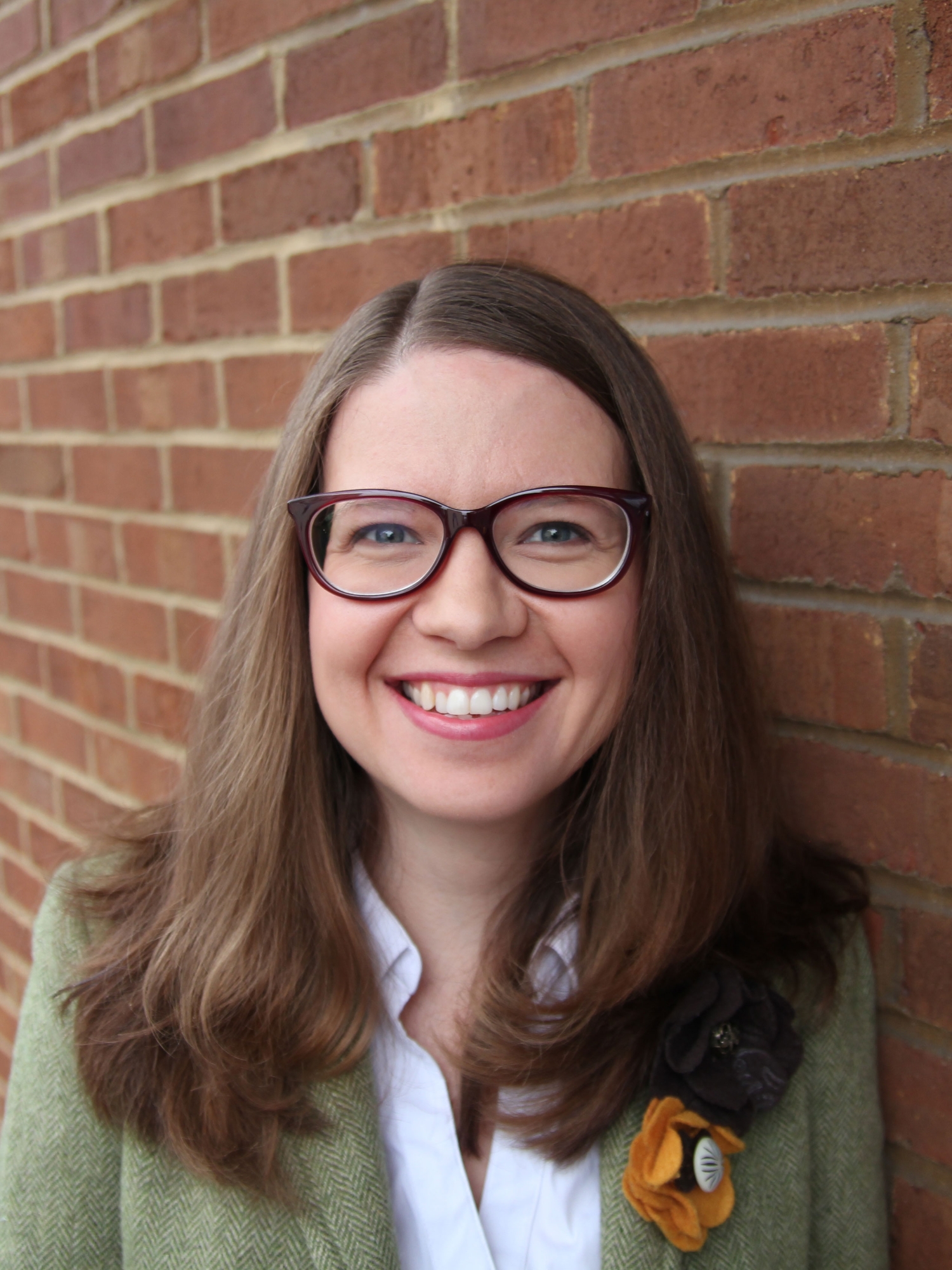OKLAHOMA CITY – When a person experiences an injury or infection, the body’s immune system responds with inflammation to start the healing process. However, inflammation can occur in much less helpful circumstances – for example, when a person experiences psychological stress or consistently eats a poor diet high in sugars, fats and processed foods.
When such inflammation occurs during pregnancy, it increases the risk of problems for the baby, particularly for neurodevelopmental disorders like ADHD, autism and learning disabilities. A University of Oklahoma researcher has earned a new grant from the Burroughs Wellcome Fund to explore how that risk occurs and whether there is a means of helping the fetus become more resilient to inflammation.
“The underlying theme for this research is prenatal inflammation. It’s not inflammation in response to an active infection like a virus might cause, but the inflammation is similar regardless of the type of stressor,” said Lindsay Hayes, Ph.D., an assistant professor of cell biology in the OU College of Medicine at OU Health Sciences. “Our work is focused on finding a mechanism that can promote resilience across a number of different stressors rather than a specific one.”

How the research is conducted
In her search for resilience, Hayes is seeking to better understand the behavior of a specific type of immune cell – the microglia, which are the primary immune cells in the brain. During pregnancy, the microglia arrive early in the embryo’s brain development and remain throughout its formation. Because the job of microglia is to respond to changes in their environment, they are well-situated to experience inflammation caused by maternal stressors.
When the microglia encounter heightened inflammation, they somehow become “reprogrammed” in a way that prevents them from doing their jobs well. In turn, that sets the stage for possible issues with the embryo’s brain development, as well as problems like premature birth, growth restriction and stillbirth.
“In the setting of all that inflammation, the microglia essentially think that they’re going to see a lot of inflammation in the future. So, they prepare themselves for a life of high stress by decreasing their threshold for responding to subsequent stressors. That way, they don’t overreact and create too many immune signals,” Hayes said.
One way the immune cells try to adapt is through metabolism, the body’s process of creating and using energy. However, because of how they’ve been impacted by inflammation, the microglia may not be metabolically fit – they don’t have enough energy to mount a proper immune response – and, therefore, may be impaired in their usual work of protecting the developing brain. “So we want to make this connection between metabolic fitness and immune fitness,” Hayes said.
Two different research models
To test her hypotheses, Hayes is comparing prenatal inflammation in two different mouse research models. One is called Maternal Immune Activation, in which the mouse is given a substance that mimics what would happen if a pregnant mother had an infection: inflammation and an immune response that lasts a couple of days. The other model is called Maternal Western-Style Diet, in which the mice are fed a high-fat diet that is common in the Western world. This creates low-level, chronic inflammation.
“We’re hoping we can tease apart what makes some mice susceptible to stressors while others are more resilient,” she said. “The connection between immune and metabolic function and the microglia is a new area of research that I think will continue to grow. It’s an exciting opportunity to better understand how the immune system can impact the nervous system.”
In addition to comparing the two research models, Hayes plans to give the Maternal Immune Activation mice an antioxidant called pyrroloquinoline quinone, or PQQ, which is found in fruits and vegetables and has anti-inflammatory properties. Existing research shows that when PQQ is given to obese mothers, their offspring are protected from fatty liver disease in adulthood. Hayes hopes PQQ can similarly address inflammation caused by something like a psychological stressor.
“We hope we can develop an intervention that can help no matter what leads to the increase in inflammation,” she said. “This is a challenging area of research, but that’s also what makes it most exciting.”
About the project
The Burroughs Wellcome Fund grant awarded to Lindsay Hayes, Ph.D., is part of the fund’s 2024 Next Gen Pregnancy Initiative, which fosters the next generation of scientific leaders dedicated to unraveling the complexities of pregnancy. Based in Research Triangle Park, North Carolina, the Burroughs Wellcome Fund is an independent private foundation. Its mission is to serve and strengthen society by nurturing a diverse group of leaders in biomedical sciences to improve human health through education and powering discovery in frontiers of greatest need. Learn more at www.bwfund.org.
About the University of Oklahoma
Founded in 1890, the University of Oklahoma is a public research university located in Norman, Oklahoma. As the state’s flagship university, OU serves the educational, cultural, economic and health care needs of the state, region and nation. OU was named the state’s highest-ranking university in U.S. News & World Report’s most recent Best Colleges list. For more information about the university, visit ou.edu.
To combat power outages and extreme weather events, a team led by University of Oklahoma researchers has helped launch a project utilizing electric school buses as a backup energy resource.
The University of Oklahoma Health Campus was recently recognized for its increased momentum in advancing discoveries that change lives, achieving the state’s first Top 100 national ranking based on funding from the National Institutes of Health, according to the Blue Ridge Institute for Medical Research. The ranking—the highest in OU’s history and in the state—solidifies the University’s position as the state’s leading driver of health-related research.
Stefano Tarantini, an assistant professor in the Department of Neurosurgery at the University of Oklahoma College of Medicine, spends his days in the laboratory searching for answers to the cognitive decline that too often plagues older adults.